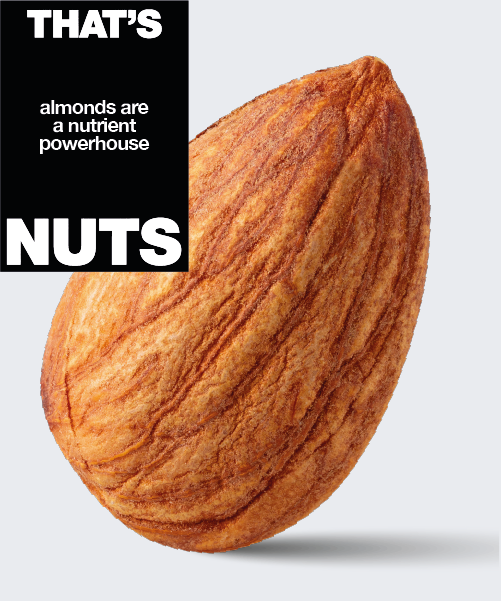nuts and plant protein
Orlaith Danaher KIND registered Dietician
Protein from plants sources have increased in popularity in conjunction with plant-based eating.
A plant-based diet involves consuming foods which primarily come from plants, as opposed to only from plants. You don’t need to go full vegetarian or vegan. Animal based foods still play an important role in our diet but are encouraged less frequently & in smaller amounts than typical of a Western diet.

There is no arguing eating more plants is good for our health. Plant-based diets tend to be low in saturated fat (the bad kind), high in fibre and rich in vitamins & minerals. Plant protein sources such as soy, nuts, seeds, beans, & pulses are not widely consumed in the UK. Public Health England has recognised this & outlined guidance encouraging consumption of plant proteins as part of the Eat Well Guide for a healthy & balance diet.
There is sufficient evidence to show eating a wide variety of vegetables, nuts, seeds & whole grains will provide us with all the essential amino acids & protein you need without the need for protein powder supplements.

At KIND we feel very passionate about the power of protein from plants. Nuts are the first ingredient in many of our bars & are good source of protein. Nuts previously had a bad reputation for being high in fat. We now know this is predominantly unsaturated fat (the good kind), which can lower cholesterol & reduce risk of heart disease.
Nuts are powerhouse of nutrients, high in fibre & rich in key vitamins & minerals such as magnesium, potassium, iron, zinc, selenium, vitamin E & B vitamins. Consumption of nuts in the UK remains low compared to other European countries. We are on a mission to change that, to show that nuts are not only delicious but also have positive implications for our health when consumed as part of a balanced diet.
So why not try adding nuts to your meals?
